ANTD.VN - The Ministry of Finance is widely soliciting opinions on the draft Resolution Outline on applying additional corporate income tax according to regulations against global tax base erosion.
In which, the Ministry of Finance proposed 2 policies: First is the regulation of Standard Domestic Minimum Additional Tax (QDMTT) and second is the regulation of Minimum Taxable Income (IIR).
122 foreign corporations may have to pay additional taxes in Vietnam
The standard domestic minimum supplementary tax policy will apply to the following subjects: Member companies or groups of member companies of multinational corporations with revenue stated in the consolidated financial statements of the ultimate parent company for at least 2 years in the 4 consecutive years prior to the tax year equivalent to EUR 750 million or more, with production and business activities in Vietnam, with profits in Vietnam exceeding the threshold in the tax year and with an actual tax rate in Vietnam lower than the minimum tax rate in the tax year.
Exclusions include: Government organizations, international organizations, non-profit organizations, pension funds, investment funds that are the ultimate parent company, real estate investment organizations that are the ultimate parent company, or organizations with at least 85% of the value of assets owned directly or indirectly through the above-mentioned entities according to Government regulations.
According to the Ministry of Finance, if Vietnam applies the regulation on the standard minimum domestic supplementary tax, it will collect additional corporate income tax (CIT) from enterprises subject to the application whose projects are enjoying investment incentives on CIT in Vietnam with the actual tax amount lower than the minimum level (15%) and will contribute to increasing the state budget revenue on CIT from these subjects.
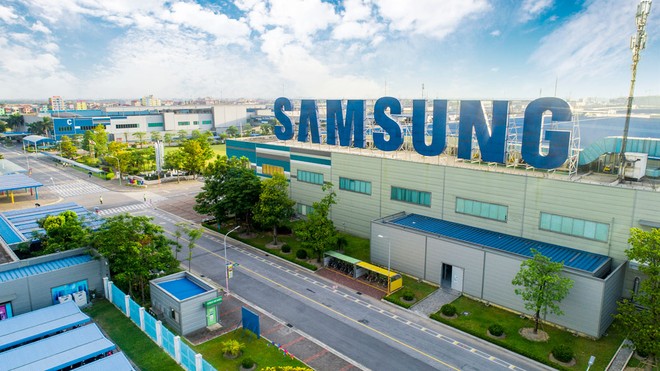 |
Many FDI corporations will be affected if Vietnam applies Global Minimum Tax |
To date, Vietnam has attracted foreign investment from 142 countries and territories around the world and is a country that imports foreign investment capital. Of these, there are about 335 projects with registered investment capital of over 100 million USD and are enjoying corporate income tax incentives lower than 15%.
According to the review of the General Department of Taxation, there are currently 619 MNE Groups (about 1,017 member companies in Vietnam) with consolidated revenue in 2021 reaching about 750 million EUR or more, of which 438 Groups have one member company in Vietnam and 181 Groups have many member companies in Vietnam (576 member companies).
According to the 2022 corporate income tax settlement data, the General Department of Taxation has preliminarily calculated that about 122 of the above corporations will be affected by the Global Minimum Tax if this tax is applied from 2024.
If other countries apply the Global Minimum Tax starting from 2024 and Vietnam does not apply it, countries with parent companies will be able to collect an additional tax difference in 2024 estimated at over VND 14,600 billion (Korea over VND 10,700 billion; Japan over VND 250 billion; the remaining countries over VND 3,560 billion...)
Increase budget revenue, reduce transfer pricing and tax evasion
Regarding the Policy on Minimum Taxable Income (IIR), if Vietnam applies it to Vietnamese enterprises investing abroad (with consolidated revenue reaching at least 750 million EUR...) it can also contribute to increasing state budget revenue.
Currently, Vietnam also has foreign investors such as: Viettel, PVN, Vingroup, Vietnam Rubber Corporation (VRG), Petrolimex and commercial banks... Among them, there are 2 Vietnamese corporations with large foreign investments: Viettel and PVN.
For Viettel, the corporate income tax rate in the countries where it invests is above 15%, except for Viettel in East Timor. Thus, if Vietnam applies the Global Minimum Tax (IIR Regulation) while East Timor does not apply the QDMTT regulation, there will be the possibility of collecting additional corporate income tax on the difference between the global minimum tax and the actual tax rate that Viettel must pay in East Timor.
As for PVN, the Group's overseas investment projects are mainly focused on projects in the oil and gas sector, subject to corporate income tax rates or similar taxes in other countries ranging from 30% to 60%.
Therefore, the application of the current Global Minimum Tax does not affect PVN's overseas investment activities.
According to the Ministry of Finance, the implementation of additional corporate income tax according to the provisions on preventing global tax base erosion in the National Assembly Resolution will help Vietnam increase state budget revenue from additional tax collection.
At the same time, it will minimize tax evasion, tax avoidance, transfer pricing, and profit transfer.
The issuance of preferential corporate income tax policies by countries to attract foreign investment has made tax evasion, tax avoidance, transfer pricing, and profit shifting increasingly complicated. Enterprises have taken advantage of opportunities to transfer profits from countries with high tax rates to countries with lower tax rates, thereby causing tax losses.
Therefore, the application of the Global Minimum Tax will create a common tax regime in all countries, thereby avoiding current tax competition between countries and minimizing transfer pricing, profit shifting, and maintaining tax revenue.
Source link






















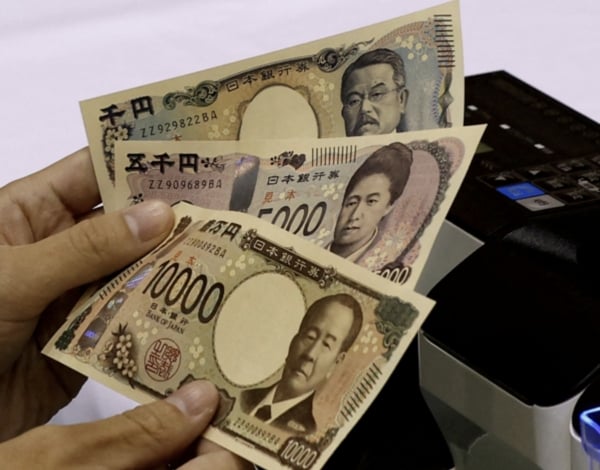






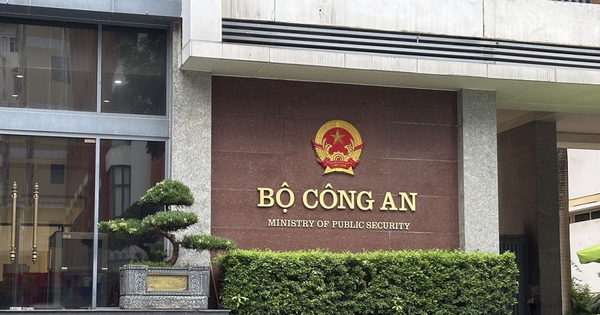

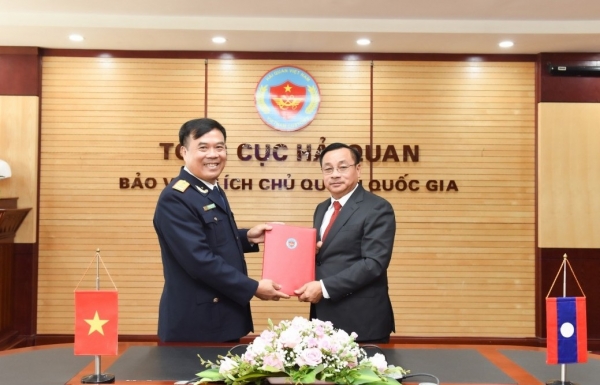




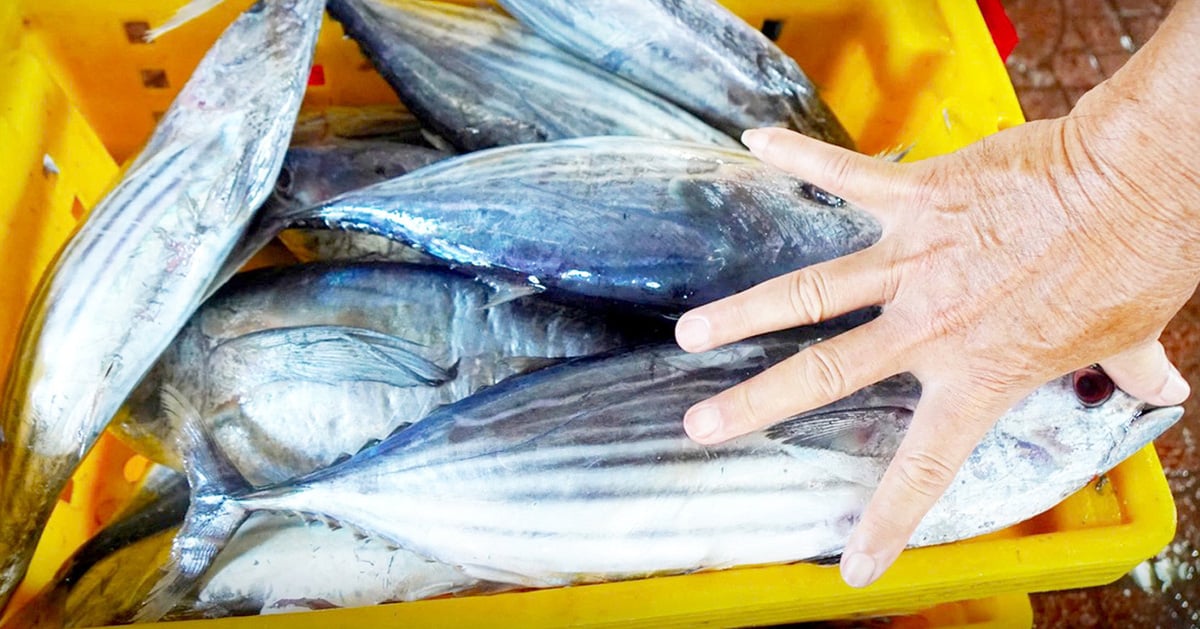


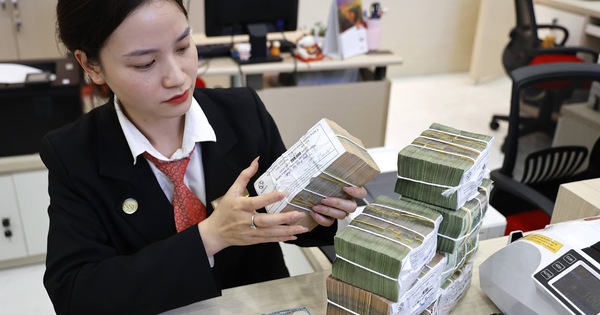






















Comment (0)